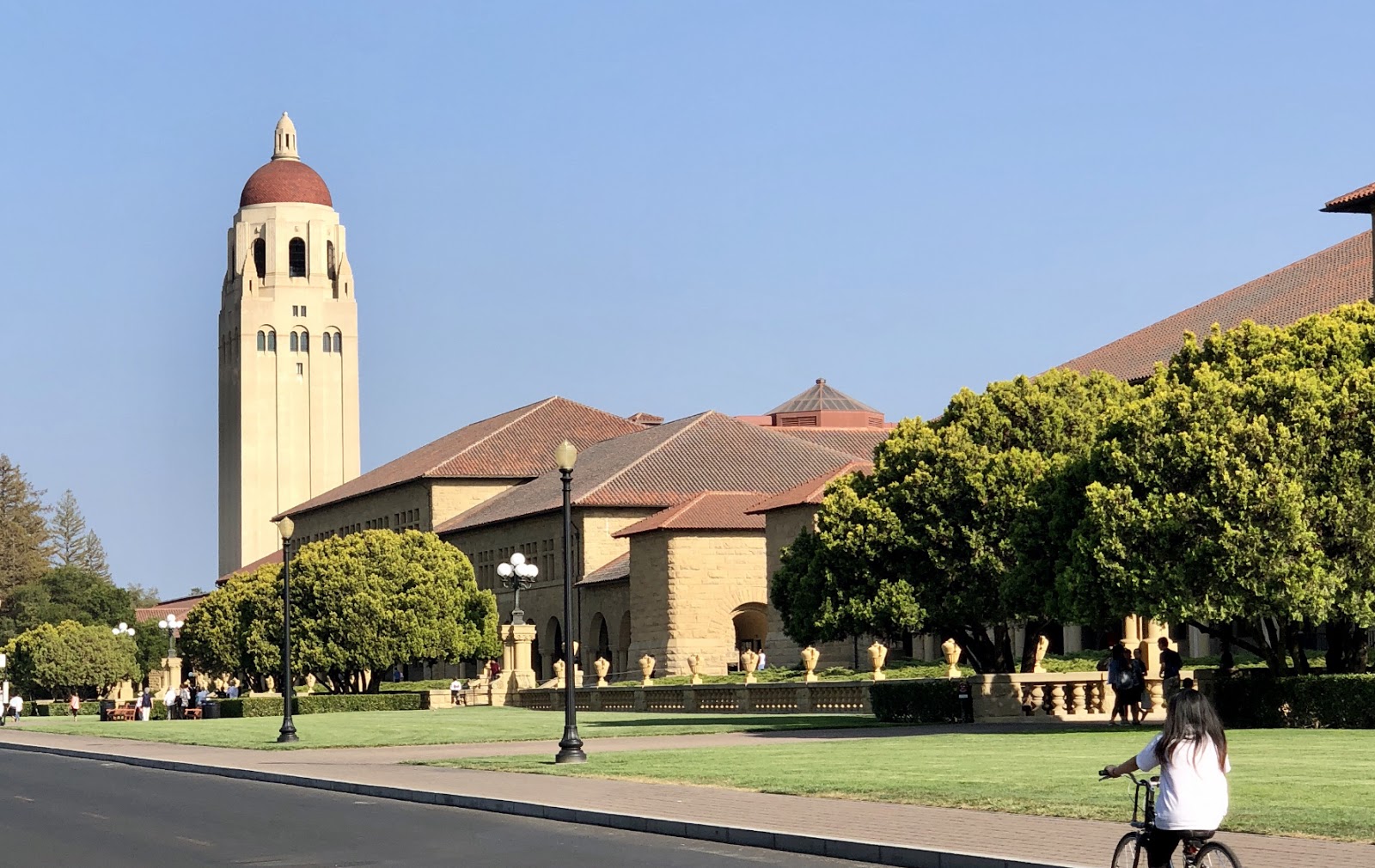Stanford has eliminated the work expectation for the 2020-21 academic year, replacing it with scholarship funding. Additionally, housing in the upcoming academic year will not impact a student’s four-year housing guarantee, according to Friday evening’s Re-Approaching Stanford newsletter.
Vice Provost for Student Affairs Susie Brubaker-Cole and Vice Provost for Undergraduate Education Sarah Church acknowledged challenges currently impacting Stanford community members, writing, “We want to acknowledge and recognize this weight, and your strength,” and “We will do our very best to help you and help our community.”
In addition to waiving the work expectation for 2020-21, Stanford will also eliminate the summer 2021 earning expectation. Previously, the Office of Financial Aid had cut the standard work expectation for students in half for the upcoming year.
Students receiving financial aid at Stanford are typically expected to contribute at least $5,000, with $1,500 coming from summer earnings and $3,500 from employment during the school year. Students can reduce or eliminate the expected contribution through student loans or outside scholarships.
Senior Associate Vice Provost for Residential and Dining Enterprises Shirley Everett wrote that students approved to live on campus for the fall quarter received their housing assignments and move-in day times this past week.
All undergraduates approved to live on campus in the fall will be housed in Escondido Village Graduate Residences, Building A (EVGR-A), and students can use their Stanford dining meal plan at EVGR’s Marketplace for take-out meals. Everett stated that students can pre-order food using Cardinal Dollars from the Marketplace, the Market at Munger and the Axe and Palm.
“Given the limited number of quarters undergraduate students are permitted to live on campus due to COVID-19, the 2020-21 year will not count against a student’s four-year housing guarantee,” Everett wrote. She added that R&DE expects that housing in the 2021-22 academic year will be a part of a student’s four-year housing guarantee.
The University also committed to expanding technology support by offering financial aid for remote students to “improve or establish home internet and technology capabilities and increasing the amount of technology equipment, including laptops, that students can check out from The Hub.”
The newsletter announced modifications to the leave of absence and flex quarter policy which restricts membership in voluntary student organizations (VSOs). Initially, the University announced that it would not allow students on leaves of absence to participate or hold leadership positions in VSOs, and that VSO financial officers on leaves of absence or Flex Terms could not keep their positions. Stanford will now permit students to serve as VSO financial officers during a Flex Term.
Julia Thompson ’21 started a petition on Aug. 13 calling on President Marc Tessier-Lavigne, Provost Persis Drell and Brubaker-Cole to “reconsider [the] decision to ban students from participating in and leading VSOs while on a leave of absence.” Despite the recent change, Thompson’s petition remains active to “[ensure] that students on a leave of absence may still participate in and lead groups.”
To accommodate academic disruptions related to the pandemic, the Faculty Senate Steering Committee approved new policies related to special registration and transfer credits in the final meeting of the 52nd Senate on Aug. 27.
Seniors who are eligible for the Permit to Attend for Services Only (PSO) status in the 2020-21 academic year can enroll for a reduced tuition rate of $150 instead of the regular quarterly PSO tuition rate of $5,476.
Stanford expects that the special registration policy will affect around 30 students. PSO status is conferred on students who are “clearing incomplete grades or finishing an honors thesis, have applied to graduate and do not plan to enroll as an undergraduate for another quarter at Stanford.”
Additionally, the committee eliminated the 15-unit cap on undergraduate courses completed in online or correspondence courses for the 2020-21 academic year. The total unit cap for transfer credit was not changed.
Contact Cameron Ehsan at cehsan ‘at’ stanford.edu.
